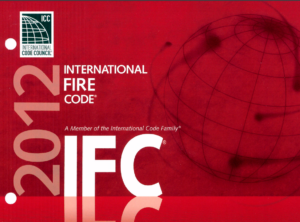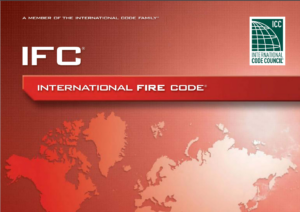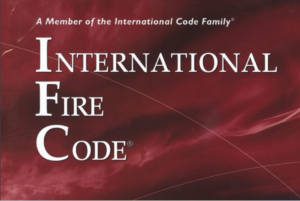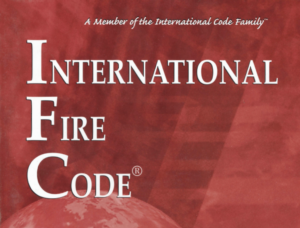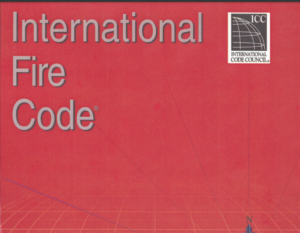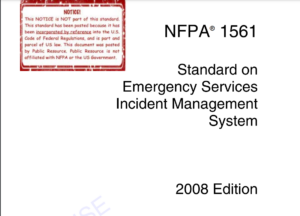The 2000 edition of NFPA 1, Fire Prevention Code, consolidates extensive fire safety and prevention standards into a single document, aiming to enhance fire and life safety in various environments. This edition, prepared by the Technical Committee on Fire Prevention Code, was finalized in 1999 and officially released in 2000 as an American National Standard.
Originally conceived in 1971, NFPA 1 was developed to address a comprehensive range of fire protection and prevention aspects, drawing from existing NFPA codes and standards. Over the decades, it has evolved significantly to include administrative sections and detailed regulations covering a wide array of fire safety measures in different settings.
The 2000 edition marks a significant overhaul, incorporating the latest best practices and updates from other NFPA codes. It introduces a new section on performance-based design, providing a framework for code officials and design professionals to utilize innovative safety solutions that meet regulatory requirements. The code is structured to enhance functionality in administration, enforcement, and regulatory adoption, making it a more effective tool for local jurisdictions to implement.
NFPA 1 covers a broad spectrum of fire safety topics, including building inspections, fire investigations, construction plan reviews, fire safety education, and the handling and storage of hazardous materials. It also provides detailed guidelines on fire protection systems, access requirements for fire department operations, and special event safety regulations.
The code is designed to be adaptable, allowing for modifications by local authorities to accommodate specific conditions while maintaining a high standard of fire safety. This flexibility ensures that the code remains applicable across diverse scenarios and continues to effectively safeguard life and property against fire and explosion hazards.

